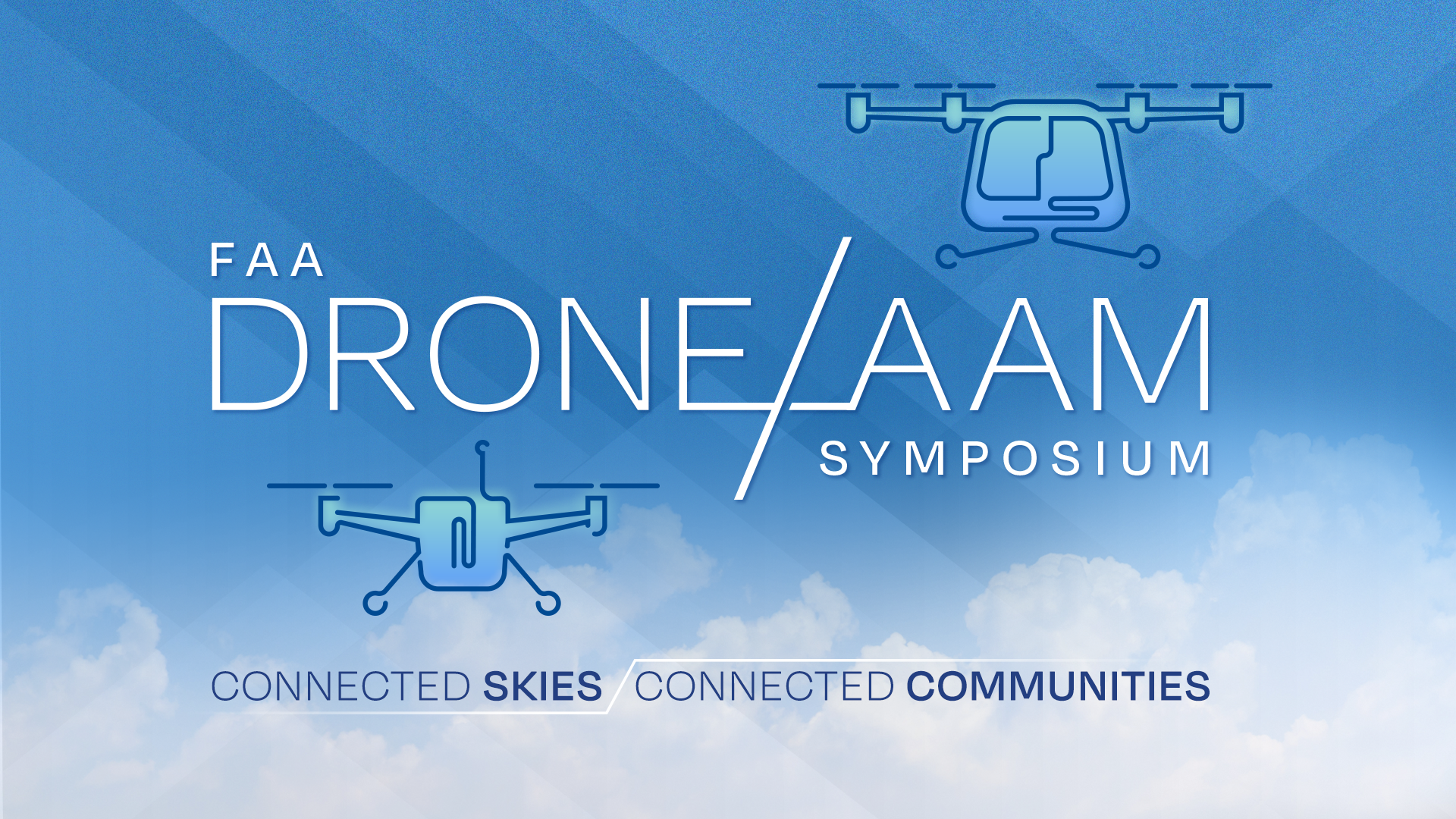
A core focus of cities and governments in the context of UAM is to ensure that the benefits of air mobility are accessible to all segments of the population. This involves addressing potential disparities in access to these new modes of transportation and ensuring that UAM services contribute to rather than exacerbate urban inequalities. Governments play a key role in developing policies that prioritize equitable access and integrate UAM solutions into broader public transportation strategies.
Urban air mobility presents a unique opportunity to advance cities’ sustainability goals, offering cleaner, more efficient modes of transportation. Governments and city authorities are instrumental in aligning UAM initiatives with environmental objectives, from reducing urban congestion and lowering emissions to promoting the use of green technologies. Their commitment to sustainability is crucial for securing the social license to operate and ensuring that UAM contributes positively to urban ecosystems.
Urban air mobility presents a unique opportunity to advance cities’ sustainability goals, offering cleaner, more efficient modes of transportation. Governments and city authorities are instrumental in aligning UAM initiatives with environmental objectives, from reducing urban congestion and lowering emissions to promoting the use of green technologies. Their commitment to sustainability is crucial for securing the social license to operate and ensuring that UAM contributes positively to urban ecosystems.











